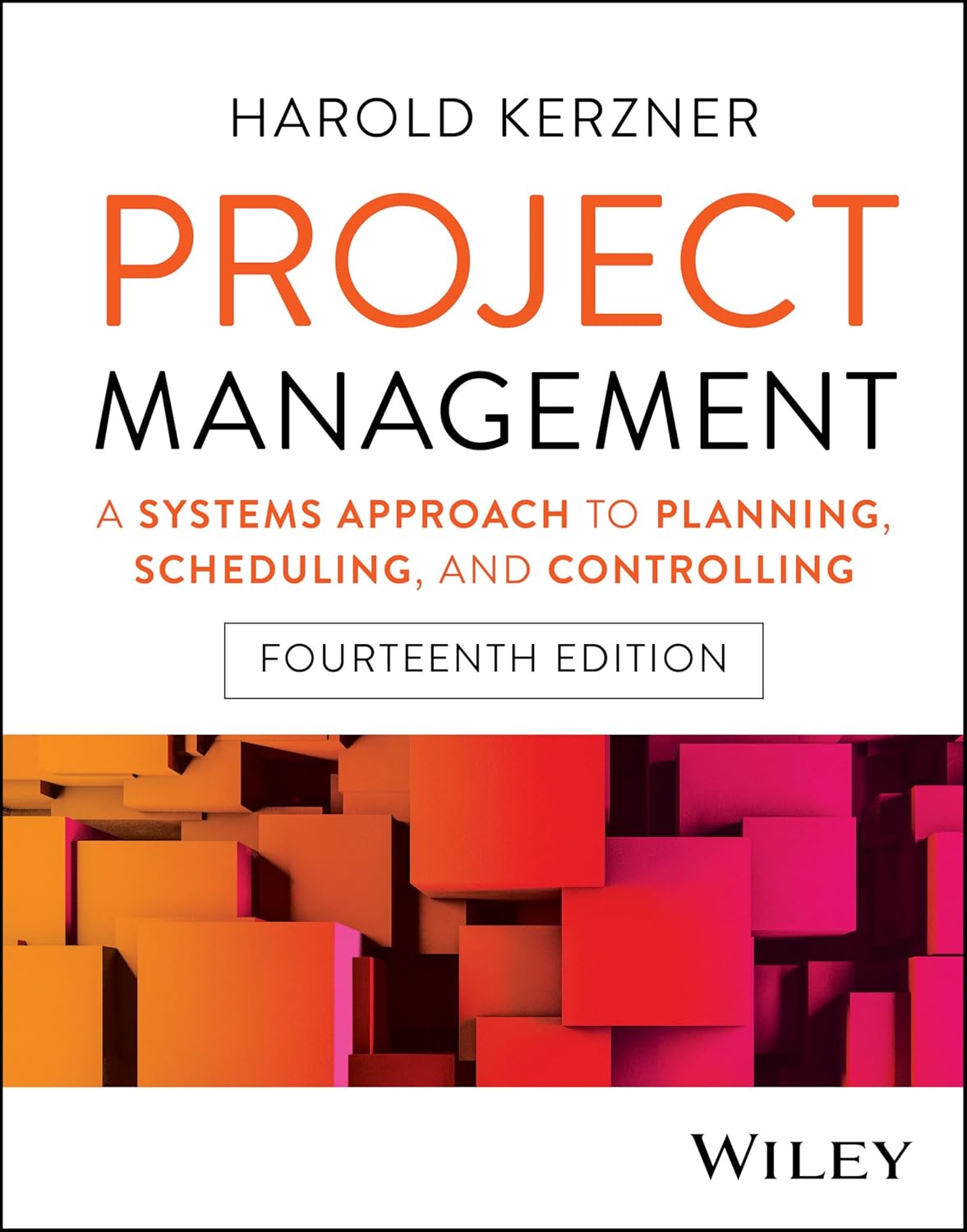
Activity
What is Activity?
In project management, an activity is a specific task or unit of work that forms part of a project schedule. It represents an action that the team completes to achieve a project goal. They are the building blocks of a project plan and are often sequenced and linked to show their relationships and dependencies. Each activity typically has a defined start and end point, and may require resources such as labour, equipment, or materials. Project managers identify and monitor activities to track progress and ensure the project stays on schedule.
Key Points
- It is a time-bound task within a project.
- It can be dependent on or independent from other tasks.
- They are assigned durations and resources during the planning phase.
- They are used to build project schedules, including Gantt charts and network diagrams.
- Tracking them helps identify delays, bottlenecks, and resource needs.
Related Terms
- A work breakdown structure helps identify each activity by breaking project deliverables into smaller, manageable parts.
- A critical path comprises the longest sequence of dependent activities determining the project duration.
- A milestone marks the completion of a significant phase or group of activities in a project.
- Project scheduling involves sequencing activities and assigning timeframes for their completion.
- Project managers use resource allocation to determine which team members or materials they assign to each task.
Activity: Example
Imagine a team building a mobile application. One of the activities might be “designing the user interface.” This task begins after initial planning and ends before coding starts. It requires input from designers and may depend on completing a prior task, such as “finalizing project requirements.” The team can track its completion through project management software, and this task’s delay could affect the overall timeline.
Activity: Best Practices
- Clearly define each task with a specific objective and deliverable.
- Break down complex work into smaller tasks to simplify scheduling and tracking.
- Assign appropriate resources and time estimates to each task.
- Monitor progress regularly and update timelines as needed.
- Use project management tools to visualize and adjust activity sequences and dependencies.
Understanding and managing activities effectively is essential to keeping projects on time and within scope.
Additional Resources
Preparing for a PMI certification?
- Exam Prep Courses: PMP®, CAPM®, and PMI-ACP®
- Exam Simulators: PMP®, CAPM®, PMI-ACP®, PMI-PBA®, PMI-RMP®, PMI-SP®, PgMP®, and PfMP®
- Professional Development Units (PDUs): 15, 30, and 60 PDU Bundles




